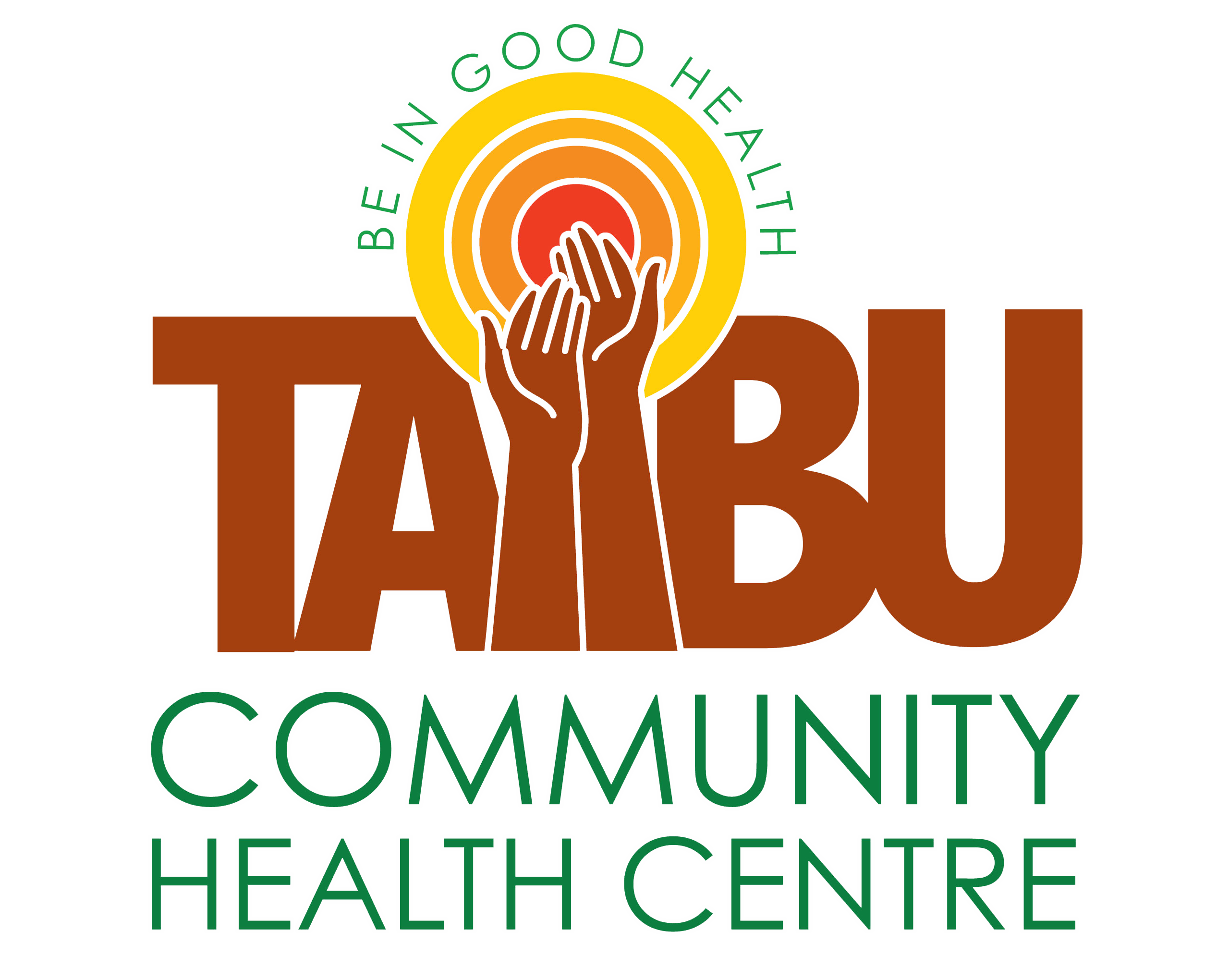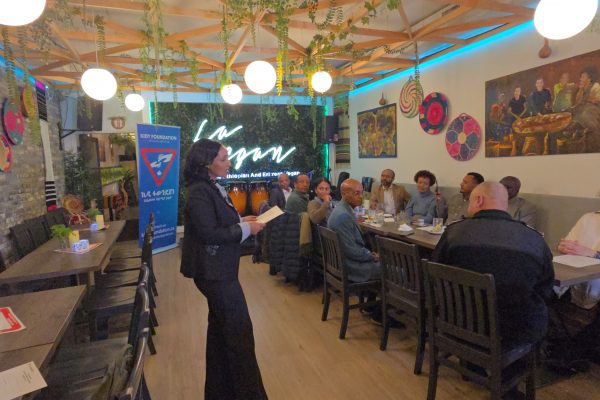Source Toronto Star
Black kids stay longest in care, CAS study shows
The Children’s Aid Society of Toronto posts racial breakdowns of children in care, with figures showing that black kids stay longest.
Black children in Toronto stay longer in foster care and group homes than any other group of kids.
A survey conducted by the Children’s Aid Society of Toronto found 45 per cent of black children taken from parents in the 2008 fiscal year spent more than 12 months in care.

Only 20 per cent of white children taken during that period spent more than a year in care. For children with Asian parents, the number was 18 per cent.
The study looked only at families who came into contact with children’s aid for the first time. Of those families, 126 of them had children taken into care.
The numbers were part of a Toronto society analysis that also highlights what black parents have been angry about for years: their children are taken into care at rates far higher than white children.

It confirms numbers first reported by the Star in December 2014 — 31 per cent of children in the society’s care are black and a further 11 per cent had one parent who is black. In Toronto, 8.2 per cent of people under 18 are black.
The survey, posted on the Toronto society’s website, looks at the birth country and racial background of children in its care. Almost half of the black children in the society’s care in September 2013, had parents born in a Caribbean country. Another quarter had parents born in Canada and 20 per cent had parents born in Africa.
Everton Gordon, interim head of the Canadian Jamaican Association, applauded the society for finally making its numbers public. He urged the Ministry of Children and Youth Services to order the other 45 children’s aid societies in Ontario to follow suit.
“Why would they be so reluctant to put their numbers out?” Gordon asks. “What is there to hide?”
Gordon argues it has been obvious for years that children’s aid societies are insensitive to the cultural differences presented by black families. Police and schools — who make more than 50 per cent of referrals to children’s aid — must be included in reforms, he adds.
Gordon insists it’s time for Tracy MacCharles, Ontario’s children’s minister, to set a deadline for societies to implement a plan that tackles “systemic biases.”
“What’s the action plan? What is going to be different? How are we going to reduce the numbers?” Gordon says. “The challenge is to reduce the numbers without increasing the risk to children.”
In an email, MacCharles did not respond to Star questions about setting deadlines for societies to act. She acknowledged the “unique challenges that African-Canadian communities face in the child welfare system,” adding her ministry is funding a manual on “anti-oppressive and anti-racist” guidelines for agencies, their workers, foster parents, and relatives looking after vulnerable children.

Kike Ojo, who leads the provincially funded project, says a dozen public consultationsare scheduled across Ontario, with the first coming Sept. 15 at the Jamaican Canadian Association.
Ojo called Toronto’s publishing of data “a courageous act of leadership.” She urged other societies to do the same.
“This issue is beyond Toronto,” she adds. “All agencies across Ontario that have a significant African-Canadian population need to be collecting their data, assessing their data and using that data to inform decisions.”
The Catholic Children’s Aid Society of Toronto is compiling its data for public release “within weeks,” says executive director Janice Robinson.
Robinson says she expects to see a similar disproportionate number of black families investigated for alleged abuse, and of black children taken into care.
“It’s a huge concern for us,” she says. “The time for rhetoric is over.”
Robinson, who joined the organization in February, says she has been meeting leaders in the black community and has been shaken by their fear of children’s aid.
An ongoing Star investigation has found Ontario’s most vulnerable children are in the care of a child protection system that is often unaccountable and secretive. Ontario’s children’s aid societies are privately run but publicly funded.
The Toronto society examined service data for the past seven years and shared it with black community members in a series of meetings in May and June, said Toronto CAS spokesman Rob Thompson.
Thompson said the society will recommend changes in how it deals with black families this fall.
The reporters can be reached at children@thestar.ca













